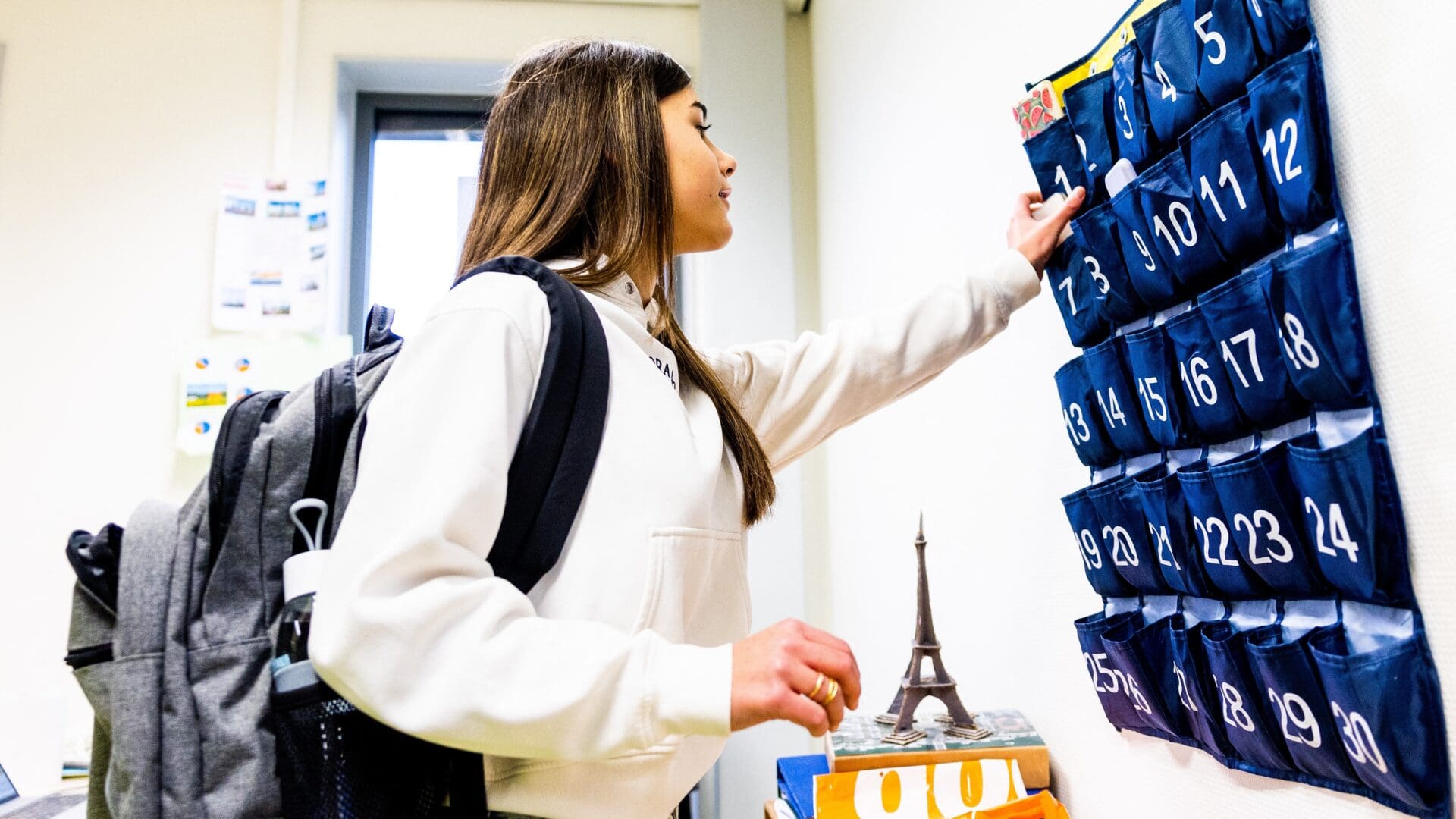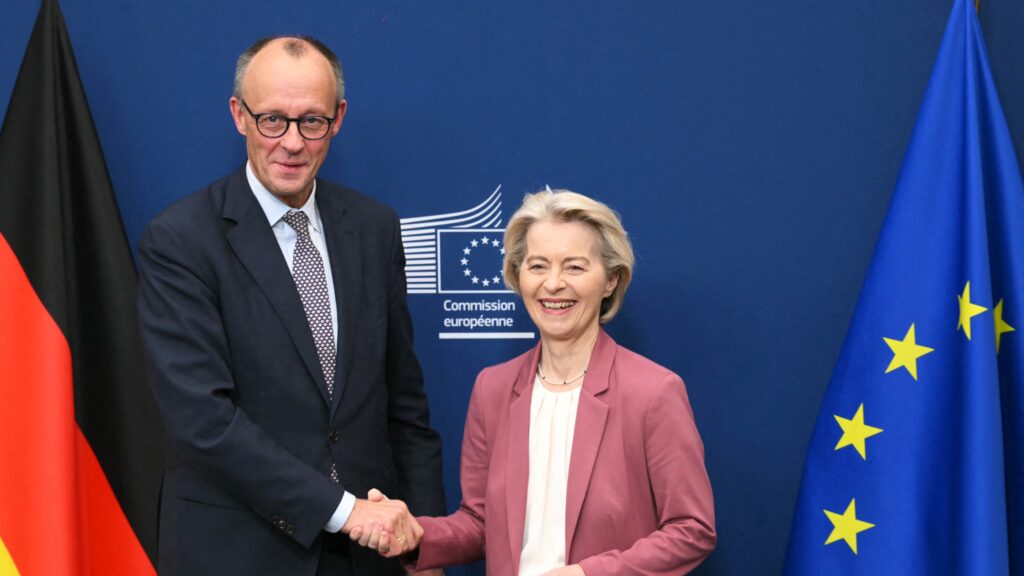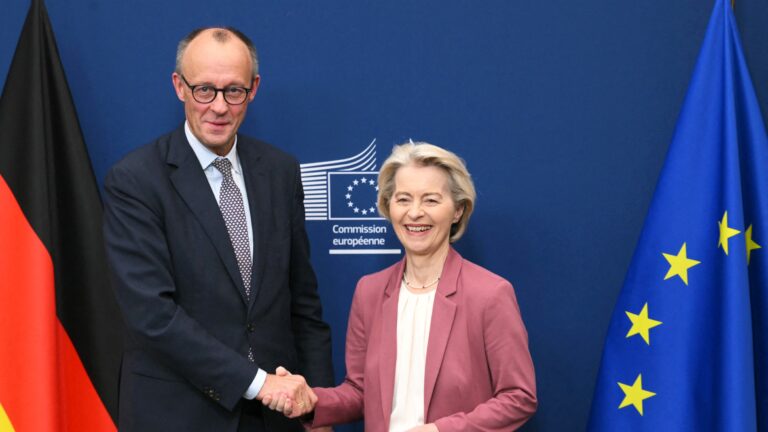Last autumn Deputy Minister of Interior Bence Rétvári briefly reported on his social media that central regulations had banned children’s use of mobile phones in English schools. Many speculated at the time that the minister found it important to share these news because Hungary was preparing a similar regulation to restrict mobile phone use. At the time, the ministry did not want to ‘confirm or deny’ this theory, but the strong activity under Rétvári’s post was telling: a consensus emerged among the majority of commenters, regardless of party affiliation, that such a measure was urgently needed in Hungary as well—many also sharing good practices.
The draft law was introduced at the beginning of the week as part of a bill submitted by Deputy Prime Minister Zsolt Semjén, which was discussed in an exceptional procedure and adopted on Tuesday. Thus, restrictions will come into force in Hungarian schools from 1 September. The new law creates a unified regulation regarding items that cannot be brought onto school premises and those that can be brought in but are restricted in their use. To ensure compliance with the rules, teachers and school guards will have the authority to inspect students’ bags and storage areas. The range of items in question will be regulated by a subsequent decree, but
the law primarily concerns smart devices and mobile phones.
Fidesz MEP István Hollik emphasized the importance of this regulation in a Facebook video. He noted, ‘Although the focus has been on the evaluation of the election and the European Championship, on 10 June, we voted in parliament on a very important law concerning the restriction of digital devices in schools.’
Hollik István
Elfogadtuk a digitális eszközök iskolai használatának korlátozásáról szóló törvényt. Mutatom, miért! 👇📽
He added: ‘As a father, I see that one of the most challenging issues in raising children is regulating the use of gadgets at home. We have strict rules at home to protect our children, so I deeply agree that school mobile phone use should also be restricted, as children spend most of their time there.’
Hollik explained the law’s goal as aiming for children ‘to use their digital devices only rarely and with their teachers’ permission, as learning tools. Otherwise, they should not use them at all during school hours.’ He added that Hungary is not the first to introduce such measures, citing similar actions in England, Spain, and Belgium due to declining academic performance, reduced social interaction among children, and increased incidents of online bullying—all attributed to mobile phone use.
‘What do we expect from the domestic law? Roughly the same.
With fewer distractions for children, academic performance will improve, and there will be less online bullying,’
Hollik stated. He highlighted that children benefit more from building real human relationships rather than virtual ones.
Related articles:







